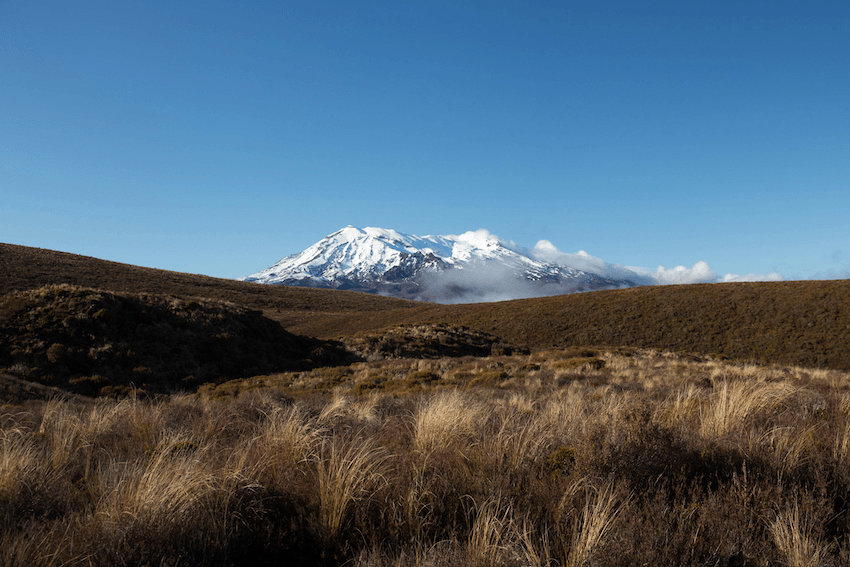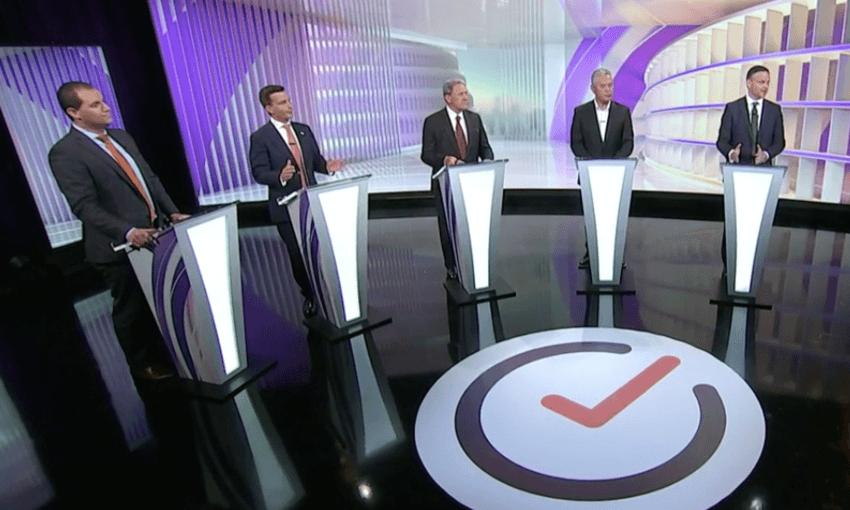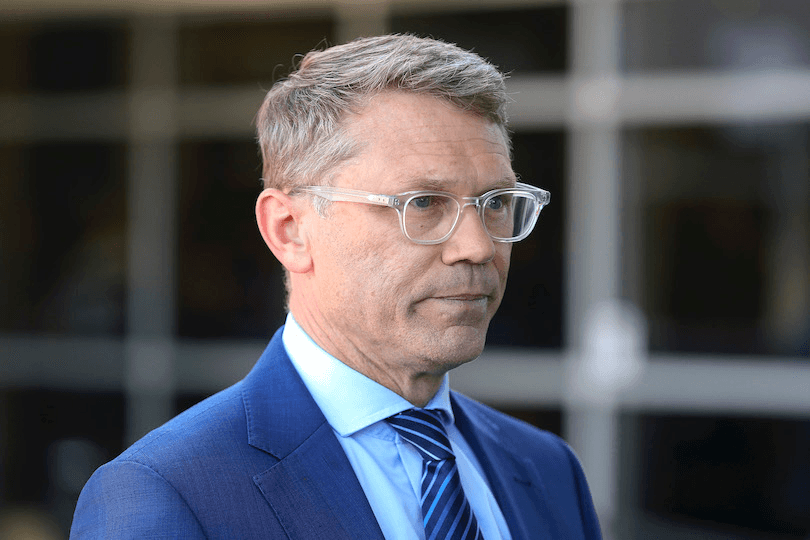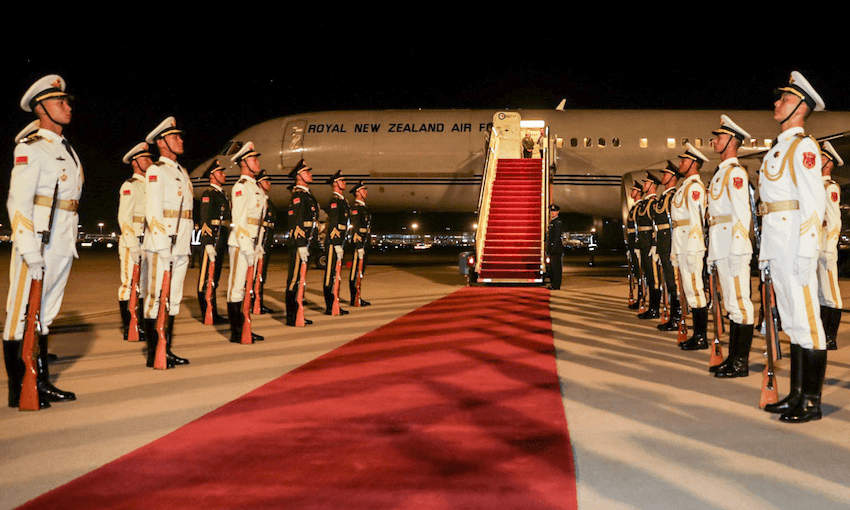Another $6 million will go towards community food providers across New Zealand, with priority given to those working in high demand regions such as Auckland, Tairawhiti and Hawkes Bay.
Deputy prime minister and social development minister Carmel Sepuloni said that times were tough at the moment, and so it was important to provide further support for those who were struggling.
“This will ease some of the pressures on families, and organisations who are working with households and in our communities,” Sepuloni said.
“Demand for food support, particularly in communities impacted by the extreme weather events, remains higher than it was prior to Covid-19. This boost in funding aims to help community food providers continue their mahi during this period of high demand.”
The new food bank funding comes on top of $24 million announced in this year’s budget for longer-term solutions to tackle food security.
The Greens have criticised the new money, saying it wasn’t the solution to address inequality. Instead, said the party’s social development spokesperson Ricardo Menéndez March, the government should look to introduce an income guarantee scheme. “Demand for food banks is increasing, but the Greens know that food banks are not a solution, they are a symptom of inequality and poverty,” said Menéndez March.
“We know that food banks do such important work to help communities, and stop many people in Aotearoa from going hungry. But we need to address the reasons people use them in the first place.”




